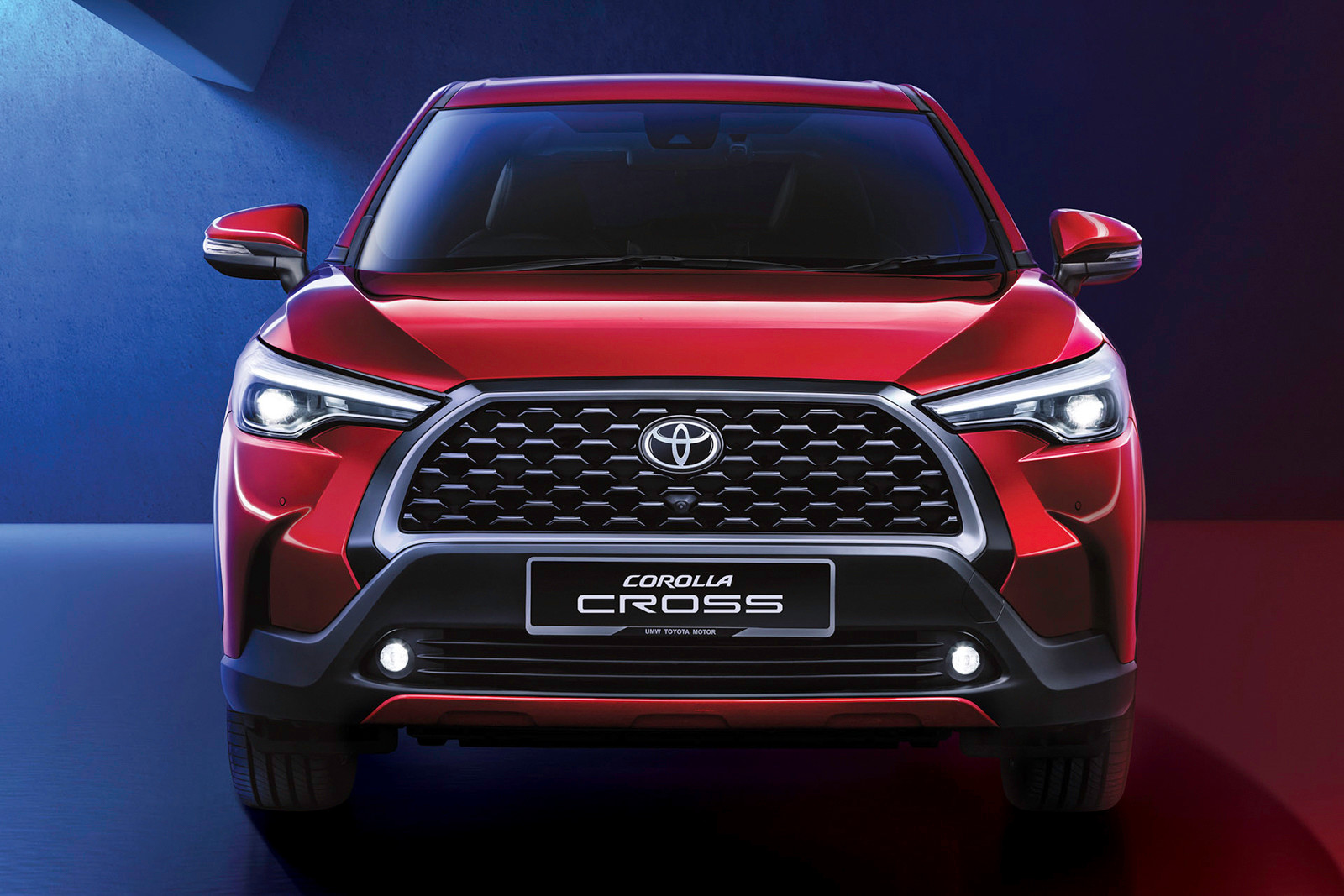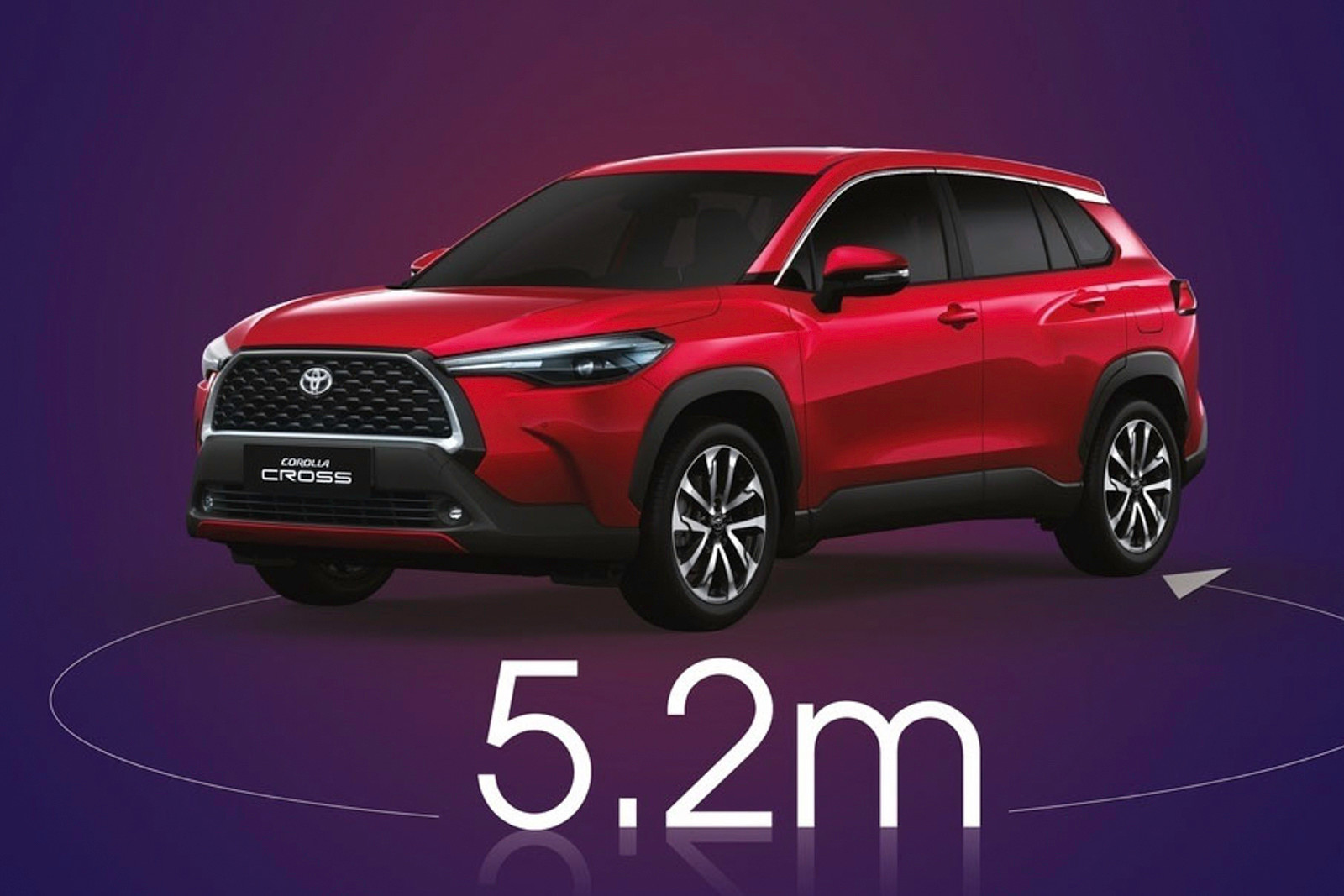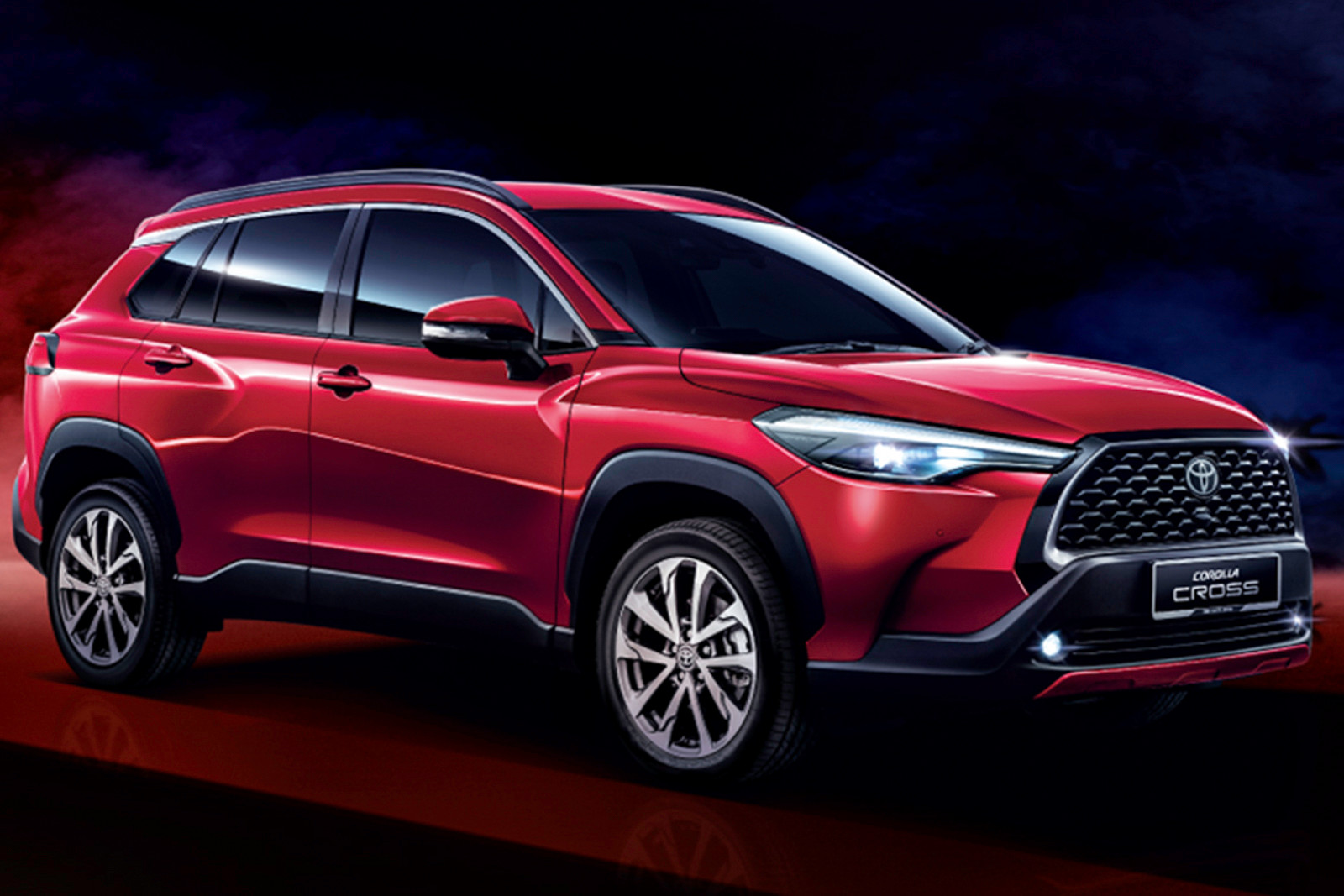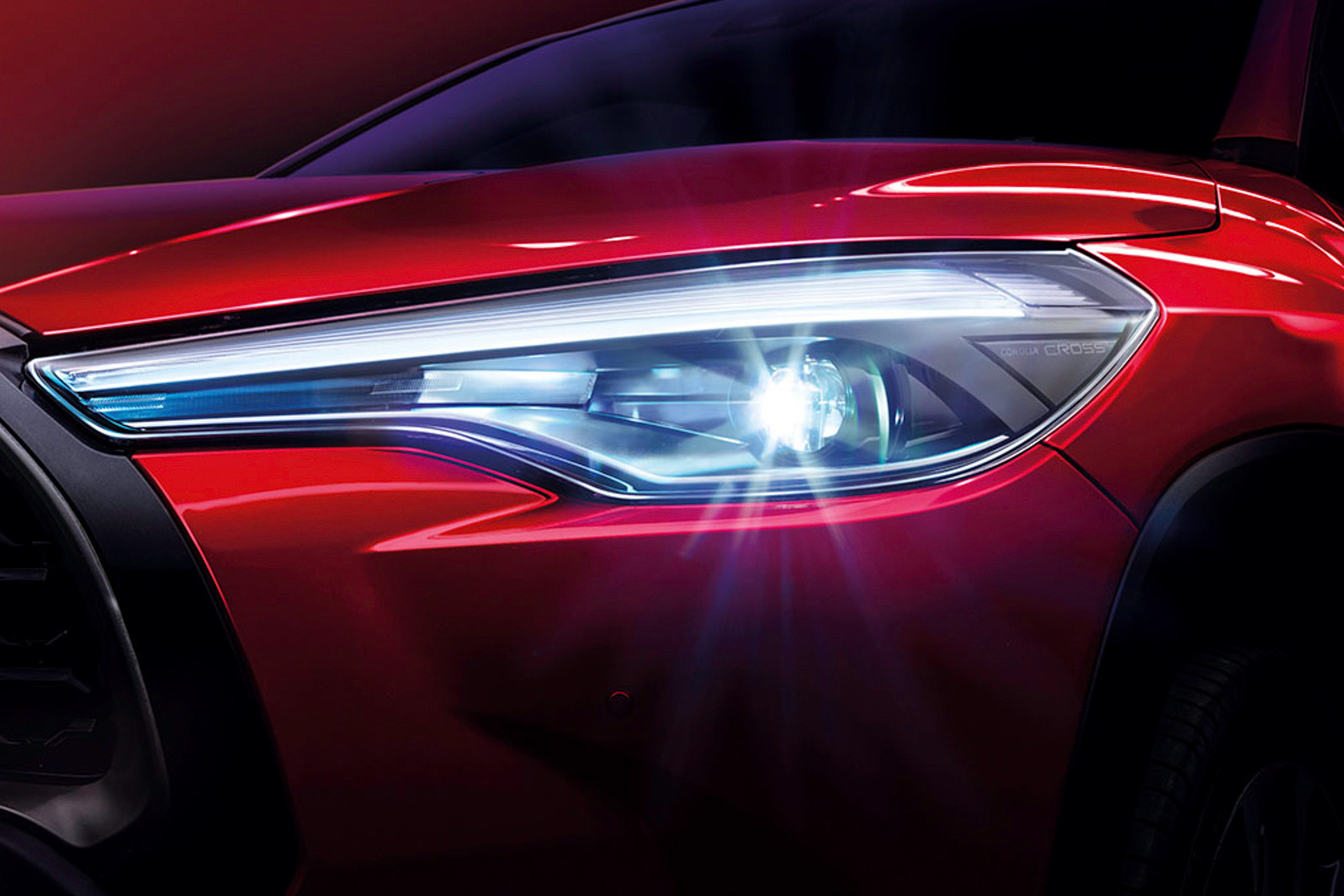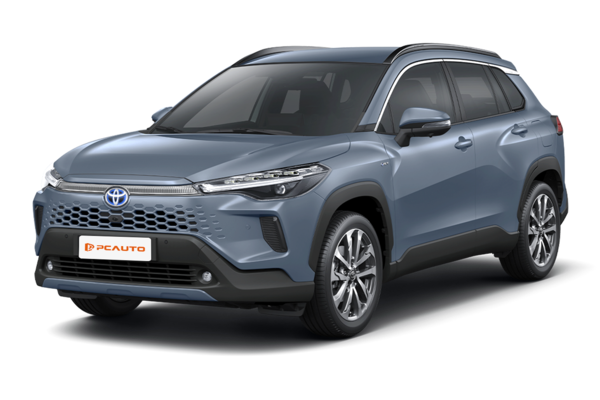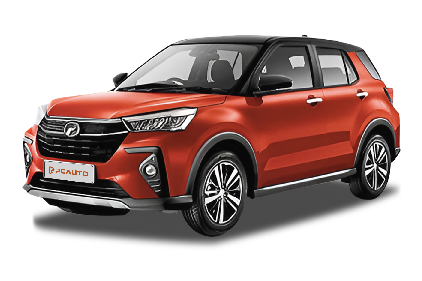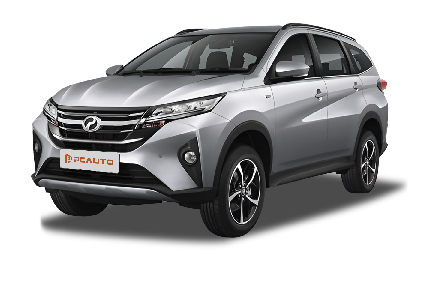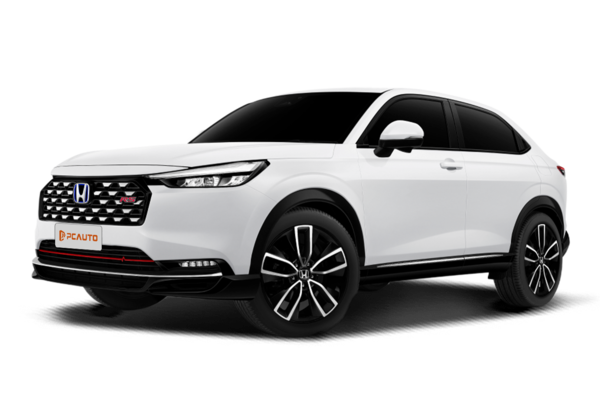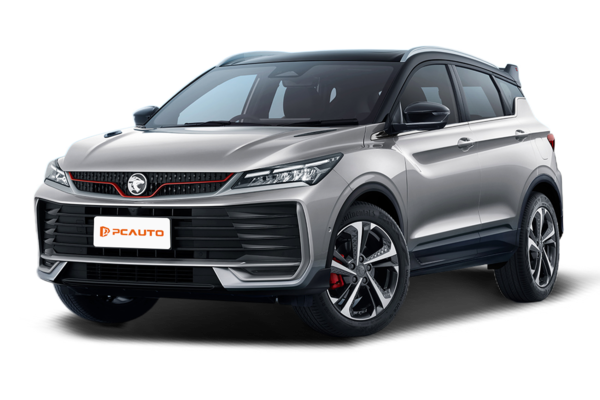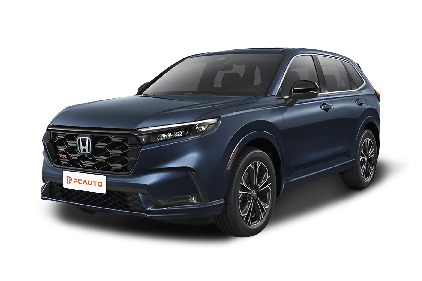Q
What is the wheelbase of the Toyota Corolla cross?
The Toyota Corolla Cross has a wheelbase of 2,640mm, which is slightly above average for its class of SUVs. This gives it a relatively spacious rear legroom while still keeping things nimble enough for city driving. Since wheelbase is one of the key factors in determining cabin space, it directly impacts passenger comfort and boot capacity—making the Corolla Cross a practical choice for daily family use or longer trips.
That said, vehicles with longer wheelbases tend to feel more stable at higher speeds but can have a slightly wider turning radius. Toyota’s engineers have tuned the chassis to strike a balance between these two traits. Built on the TNGA platform, the Corolla Cross also benefits from improved body rigidity and smarter space utilization, so that 2,640mm wheelbase works harder than the number might suggest.
Just keep in mind that wheelbase alone doesn’t tell the whole story—ground clearance, overall width, and even how efficiently a brand uses its wheelbase can affect real-world space. If you’re comparing options, a test drive is still the best way to judge.
Q
Is the 2023 Corolla Cross a good car?
The 2023 Corolla Cross is a well-rounded compact SUV that ticks all the right boxes for daily family use, backed by Toyota's reputation for reliability and practical design. It offers either a 1.8L naturally aspirated engine or a hybrid powertrain—both deliver solid fuel efficiency, with the hybrid notably cutting city driving costs while keeping maintenance affordable.
Inside, you’ll find flexible cabin space and a trunk that handles family trips with ease. Standard Toyota Safety Sense packs features like pre-collision alerts and lane-keeping assist, adding peace of mind on the road. The interior keeps things functional, with a 9-inch touchscreen supporting Apple CarPlay/Android Auto—right in line with what most buyers expect.
That said, don’t expect thrilling acceleration; the power delivery leans smooth rather than punchy, making it better suited for relaxed commutes. On the resale front, Toyotas generally hold their value well, but it’s worth cross-shopping rivals in this price range. Take it for a test drive to see if the suspension tuning and cabin noise levels match your preferences, and always double-check the dealer’s warranty fine print before signing.
Q
How much is insurance on a 2021 Toyota Corolla?
The insurance cost for a 2021 Toyota Corolla typically ranges from RM1,500 to RM3,500 per year. The exact amount depends on factors such as the vehicle model, engine displacement, type of insurance coverage, and the owner's personal circumstances. Comprehensive insurance premiums are higher than third-party insurance. Key factors affecting premiums include the owner's age, driving record, vehicle usage location, and selected insurance add-ons. For example, younger owners or those living in accident-prone areas may need to pay higher premiums. To get a more accurate quote, it is recommended to enter specific information on the insurance company's official website or through an agency platform for calculation, and also compare the preferential schemes of different insurance companies. In addition, it is important to understand the deductible and claim scope in the insurance terms, as these details directly affect the actual compensation amount when making a claim. Regularly reviewing the insurance policy and adjusting the insured amount according to vehicle depreciation can help owners control insurance costs more reasonably in long-term use.
Q
How long does a 2021 Corolla battery last?
The battery life of a 2021 Corolla typically ranges from 3 to 5 years, depending on usage habits and maintenance. If you often take short trips or leave it parked for long periods, the battery will wear out faster. Regularly checking the electrolyte level and keeping the terminals clean helps extend its life. Climate is also a big factor—hot weather speeds up battery aging, so it’s advisable to get a professional check every two years. Besides the original factory battery, there are plenty of high-performance alternatives on the market, like maintenance-free or AGM batteries, which are better suited for vehicles with frequent start-stop systems or added car electronics. In daily use, turning off the air conditioning and lights before shutting off the engine reduces battery strain. If you notice slow starting or the battery warning light on the dashboard comes on, have it checked promptly to avoid getting stranded. Most repair shops offer free battery testing services, making it easy for owners to stay on top of its condition.
Q
What kind of engine does the 2021 Corolla have?
The 2021 Corolla offers a range of engine options depending on the trim and configuration. The most common ones are the 1.8-liter and 2.0-liter four-cylinder naturally aspirated engines. The 1.8L puts out 139 horsepower, paired with a CVT transmission, and it's all about being economical and practical—perfect for daily commuting. Then there's the 2.0L, which cranks out 169 horsepower, delivering better performance for folks who want a more engaging driving experience. Some markets also get a 1.8L hybrid version that combines a gas engine with an electric motor for even better fuel economy.
Tech-wise, all these engines feature Dual VVT-i variable valve timing, which helps optimize fuel efficiency and power delivery. They're also known for being pretty reliable and durable, with relatively low maintenance costs. If you're thinking about buying a Corolla, pick the powertrain that fits your budget and needs. The 1.8L is great if saving gas is your top priority, the 2.0L suits drivers after more zip, and the hybrid can cut down on fuel costs even more over the long haul.
Q
How much does a battery cost for a 2021 Toyota Corolla?
The battery price for a 2021 Toyota Corolla typically ranges from RM500 to RM1000, depending on the battery type and brand. Original equipment (OE) batteries are more expensive but come with a longer warranty, while third-party brands like Amaron or Bosch offer better value for money with shorter warranties. It's recommended to choose a maintenance-free battery (MF battery) that meets the vehicle's specifications. These batteries don't require regular water refills and have a longer lifespan, usually 2 to 3 years. When replacing the battery, pay attention to specifications such as capacity (Ah) and cold cranking amps (CCA) to ensure compatibility with the vehicle's electrical system. Additionally, regularly checking the cleanliness and tightness of battery terminals helps extend battery life. If the vehicle is parked for an extended period, it's advisable to start it once a week to maintain battery charge. Choosing a reputable repair shop or authorized service center for battery replacement ensures quality installation and access to professional testing services.
Q
What is the safety rating of the Toyota Corolla 2021?
The 2021 Toyota Corolla excels in safety performance and has earned recognition from several international authoritative bodies. For instance, it achieved a five-star rating in Euro NCAP testing and was named a "Top Safety Pick" in IIHS crash tests in the United States. This model comes standard with the Toyota Safety Sense 2.0 active safety system, which includes features like a pre-collision system, lane departure alert, adaptive cruise control, and automatic high beams, providing comprehensive safety protection for drivers. In addition, the Corolla's body structure uses high-strength steel, effectively enhancing its impact resistance, and it is equipped with multiple airbags to further ensure passenger safety. For consumers considering purchasing this car, its safety performance is an important plus. Similar safety configurations in competing models are gradually becoming industry standards, indicating that automakers are placing increasing importance on safety performance. Consumers can pay more attention to these details when choosing a vehicle to ensure the driving safety of themselves and their families.
Q
What is the maintenance on a 2021 Toyota Corolla?
The regular maintenance for the 2021 Toyota Corolla mainly involves changing the engine oil and oil filter every 10,000 kilometers or 6 months, whichever comes first—this is the foundation for ensuring the engine runs smoothly over the long haul. The air filter should be inspected or replaced every 20,000 kilometers, and the cabin air filter is recommended to be changed annually or every 20,000 kilometers to keep the interior air quality fresh. Brake fluid needs replacing every 40,000 kilometers or 2 years. For CVT models, the transmission fluid should be checked every 80,000 kilometers and replaced if necessary, while spark plugs typically need swapping out at 100,000 kilometers. Also, regularly checking tire pressure, brake pad thickness, and the tightness of chassis bolts is crucial—these little details boost driving safety and cut down on long-term repair costs. It’s worth noting that as a globally best-selling model, the Corolla has relatively affordable maintenance costs, with plenty of original parts available and many third-party repair shops familiar with its structure, so owners can choose between original factory service or reputable third-party options based on their budget. If you want to further extend the vehicle’s lifespan, it’s advisable to get a comprehensive inspection every 50,000 kilometers, including the suspension system and drivetrain components. This helps spot potential issues early and avoids bigger losses down the line.
Q
Is the 2021 Corolla a good first car?
The 2021 Corolla makes a solid first car. It’s reliable, gets good gas mileage, and is super easy for new drivers to handle. Under the hood, you’ve got either a 1.8L or 2.0L naturally aspirated engine—smooth and built to last—paired with a CVT transmission that makes daily commuting a breeze while keeping fuel costs down. It also comes standard with Toyota Safety Sense, which includes pre-collision warning, lane keep assist, and adaptive cruise control—all stuff that really helps boost safety on the road. The interior is simple and functional, with decent space that works well for small families or singles. Maintenance costs are pretty reasonable too, and parts are easy to find, so owning it long-term is low-stress. If you want a bit more pep, the 2.0L version has quicker acceleration. It holds its value better than most in its class too, so you won’t take as big a hit when it’s time to trade up. Compared to other compact cars out there, it’s just really well-rounded—no major weaknesses. All in all, it’s a really safe bet for an entry-level ride.
Q
How big is the Toyota Corolla Cross 2021?
The 2021 Toyota Corolla Cross, a compact SUV, measures 4460mm in length, 1825mm in width, and 1620mm in height, with a wheelbase of 2640mm. These dimensions translate to a relatively spacious cabin, especially when it comes to rear legroom, making it a solid pick for family daily use. The trunk offers 487 liters of cargo space, which handles most hauling needs, and if you need more room, the rear seats fold down in a split configuration.
In the local market, this model comes with two options: a 1.8-liter naturally aspirated engine and a 1.8-liter hybrid. The hybrid variant really stands out for fuel efficiency—definitely a smart choice if you’re often stuck in city traffic jams.
Built on Toyota’s TNGA platform, the Corolla Cross strikes a good balance between body rigidity and handling. The suspension tuning leans towards comfort, doing a nice job soaking up road bumps. Safety-wise, all trims come standard with seven airbags and the Toyota Safety Sense suite, which includes handy features like pre-collision system and lane keeping assist. These specs give it an edge over many competitors in its class.
Being a Toyota, it’s got the usual perks: easy access to maintenance and reliable parts supply, so long-term running costs should stay pretty manageable.
